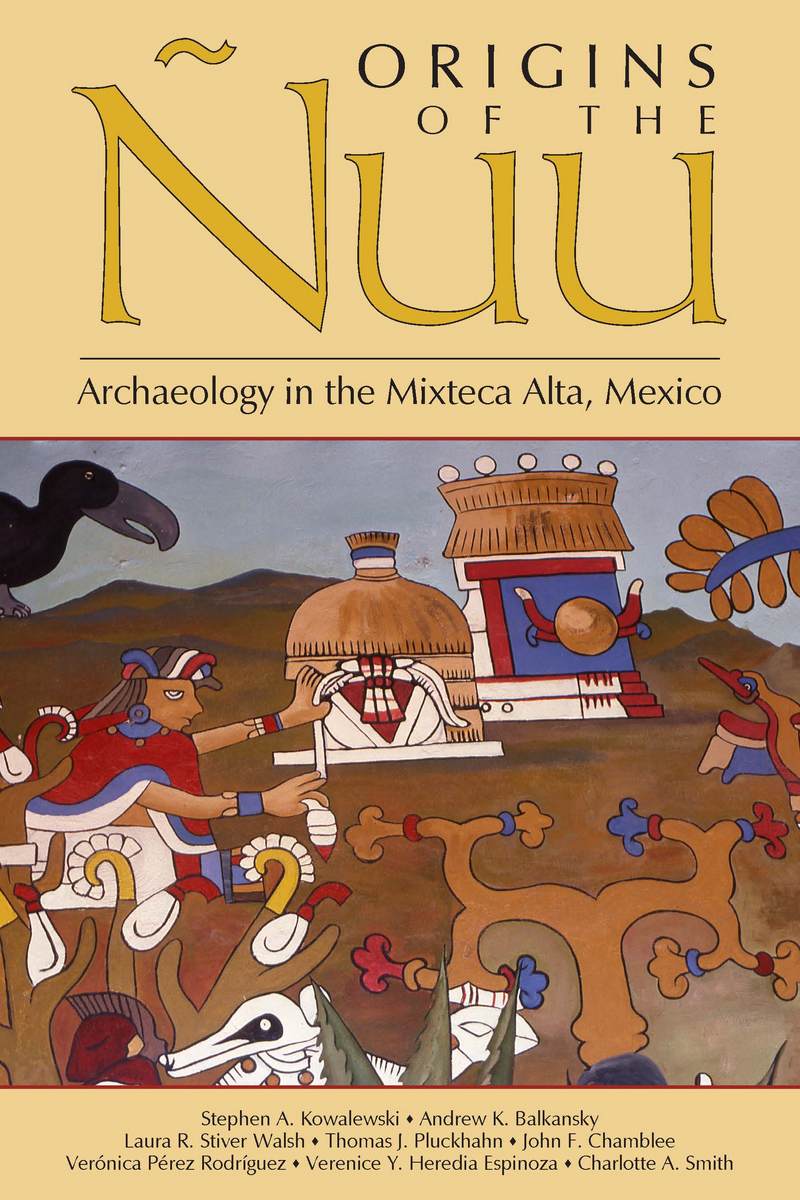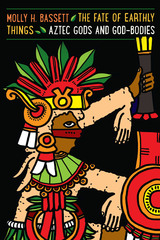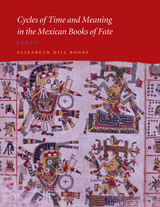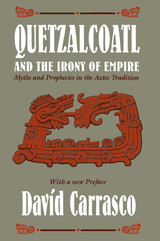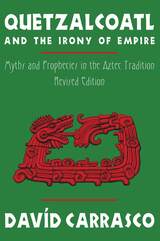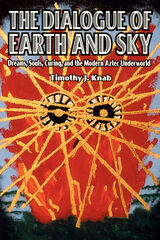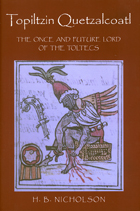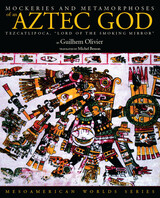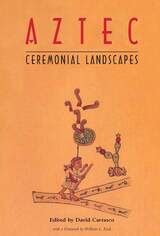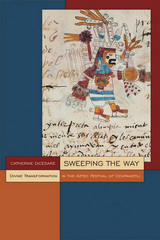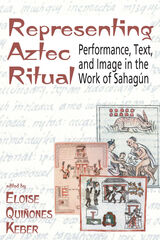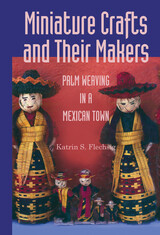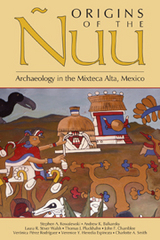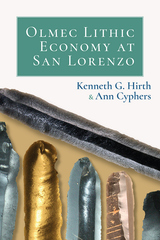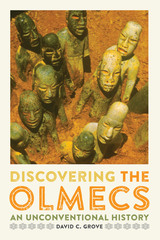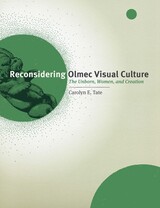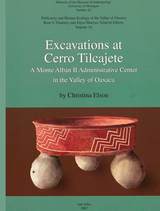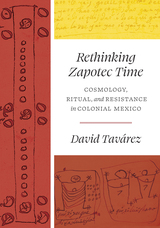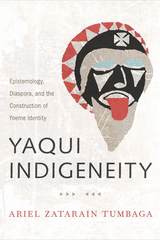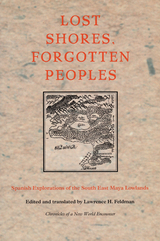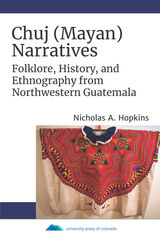Cloth: 978-0-87081-929-2 | eISBN: 978-0-87081-990-2 | Paper: 978-1-60732-103-3
Library of Congress Classification F1219.8.M59O75 2009
Dewey Decimal Classification 972.7401
The ñuu - the kingdoms of the famous Mixtec codices - are traced back through the Postclassic and Classic periods to their beginnings in the first states of the Terminal Formative, revealing their origin, evolution, and persistence through two cycles of growth and collapse. Challenging assumptions that the Mixtec were peripheral to better-known peoples such as the Aztecs or Maya, the book asserts that the ñuu were a major demographic and economic power in their own right.
Older explanations of multiregional or macroregional systems often portrayed civilizations as rising in a cradle or hearth and spreading outward. New macroregional studies show that civilizations are products of more complex interactions between regions, in which peripheries are not simply shaped by cores but by their interactions with multiple societies at varying distances from major centers. Origins of the Ñuu is a significant contribution to this emerging area of archaeological research.
See other books on: Antiquities | Mixtec Indians | Oaxaca (Mexico : State) | Origin | Origins
See other titles from University Press of Colorado
